The new season of Rong'an kumquats from Guangxi, China, officially launched on November 8, with strong demand driving high prices. Compared to previous years, prices have risen by 8%-10%, reflecting the growing popularity of this premium fruit. "In recent years, Rong'an kumquats have gained significant attention, especially the third generation of crisp honey kumquats. The retail price for top-grade fruits has reached as high as ¥200 per kilogram," said Mr. Li Yingyi of Guangxi Rong'an Mayi Agriculture, sharing insights into crisp honey kumquats.
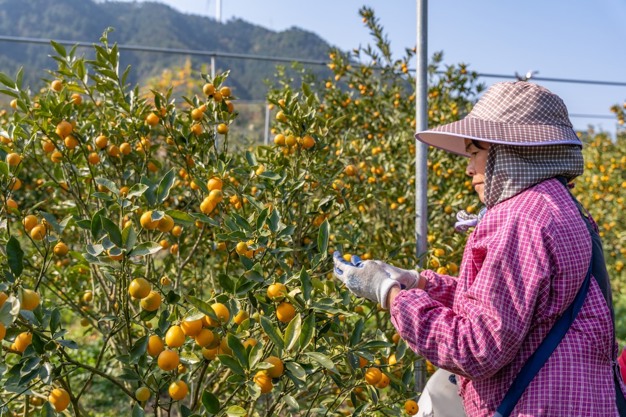
The high demand for Rong'an crisp honey kumquats stems from their exceptional quality and the limited planting scale in the production region. However, cultivating this variety requires significant investment, with initial costs ranging from ¥375,000 to ¥450,000 per hectare, depending on facility setup, including frost-prevention greenhouses. Additionally, the fruit trees take three years to bear fruit and require precise management. These factors, coupled with high technical barriers, contribute to the crop's exclusivity.
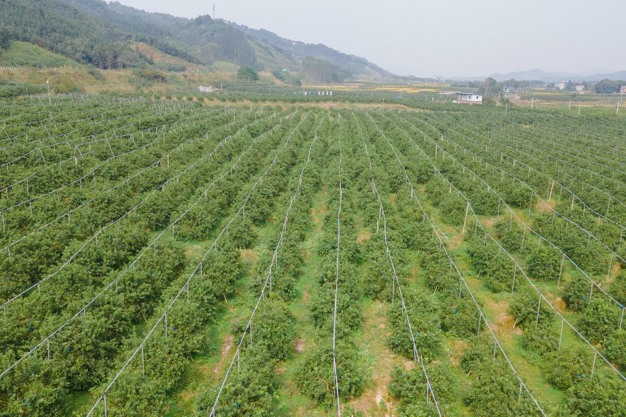
Rongan kumquat standardisation cultivation base
Despite its challenges, the market for crisp honey kumquats has grown significantly. Small-scale farms of 1.3–1.5 hectares have shown greater profitability due to efficient monitoring and refined management. Conversely, larger farms in Rong'an and surrounding areas often struggle with losses, largely due to insufficient management of fruit trees.
While the peripheral production areas are expanding, their fruits lag in quality—sugar content, taste, appearance, and texture—compared to those grown in Rong'an. Experts believe this discrepancy may be due to Rong'an's unique microclimate, terrain, or higher temperature accumulation.
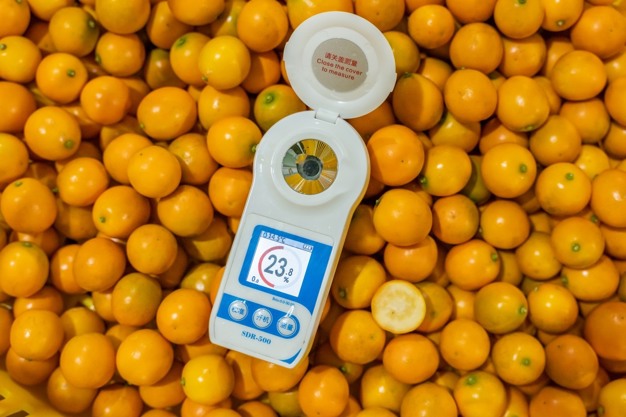
In addition to the planting situation, Li also highlighted the variety's increasing market success, especially in East and South China, Guangdong, and export markets like the U.S., where prices reached $20 per pound last year.
However, the price drops when cherries flood the market in December but rebounds during the New Year gift season.
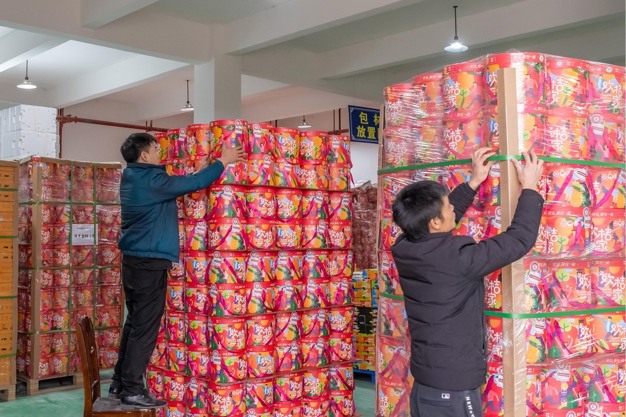
Regarding the new season, Li said that while production is increasing as the fruit trees mature, less rainfall this season has led to a lower proportion of premium fruits, with medium-sized fruits dominating.
Looking ahead, Li expressed optimism about the industry's prospects, emphasizing plans to enhance services, including continued collaboration with Disney for co-branded products and customized packaging. A new factory, covering over one hectare and set to launch in mid-December, will boost daily output by 40%, enhancing production capacity during the second half of the kumquat season. The cultivation of Rong'an kumquats is well-aligned with growing market demand, bolstering confidence in the industry's future.
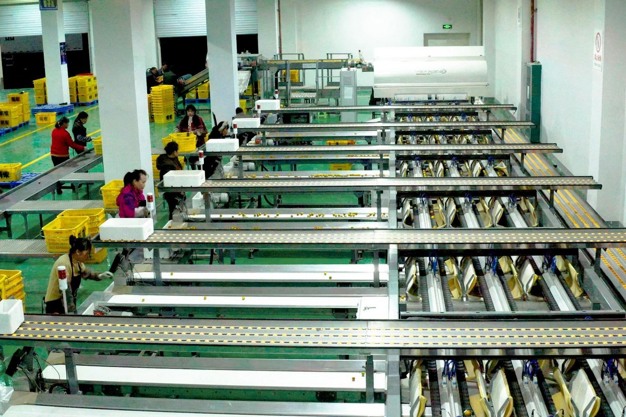
Mayi Agriculture, known for its "Dajuyiding" brand, has also upgraded its packaging this season and is expanding exports to Canada, Dubai, and the Saudi market.
